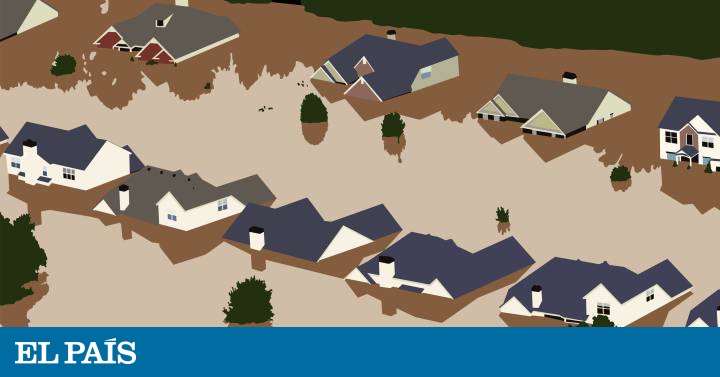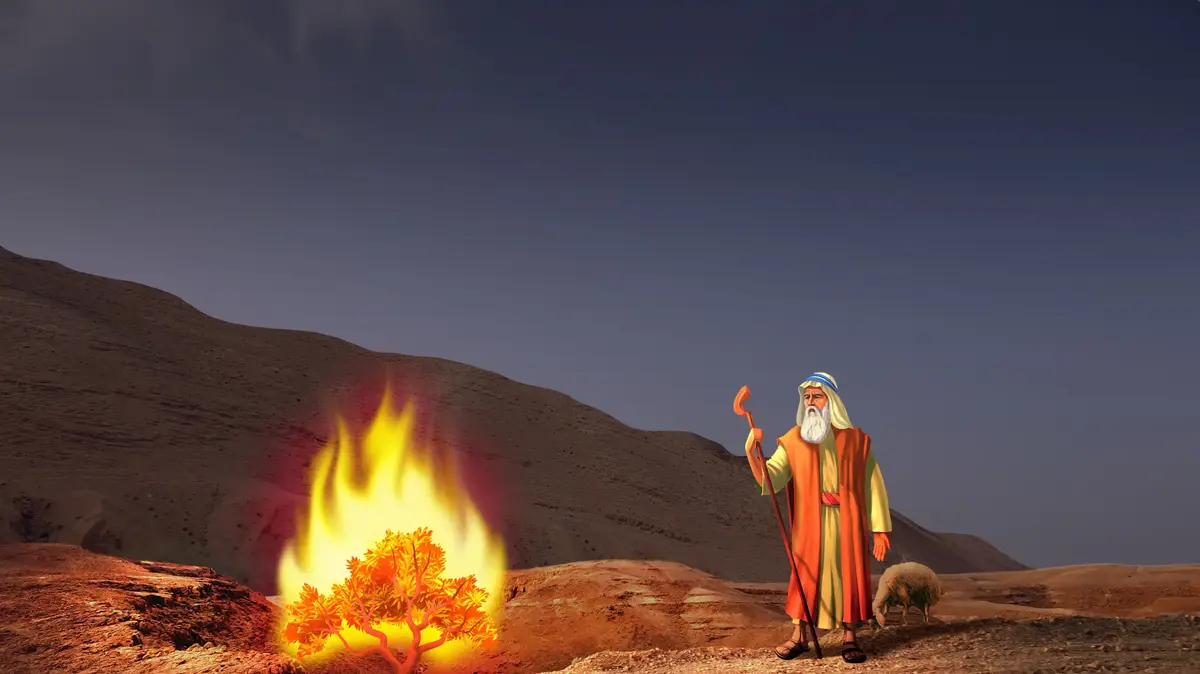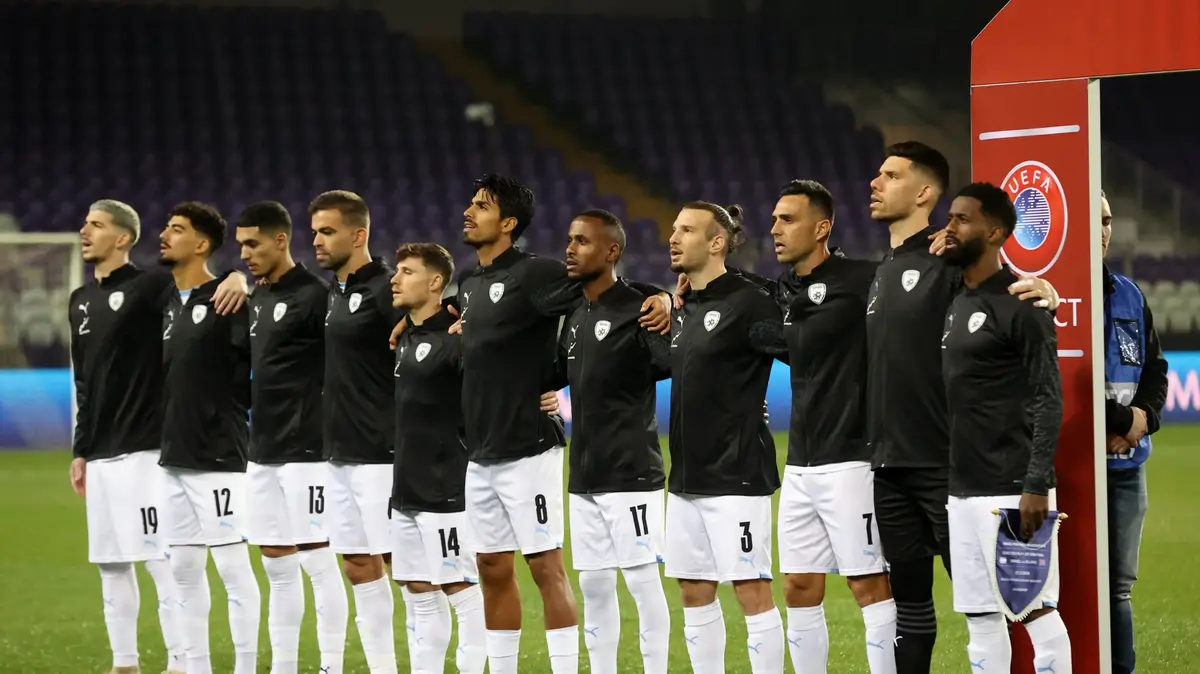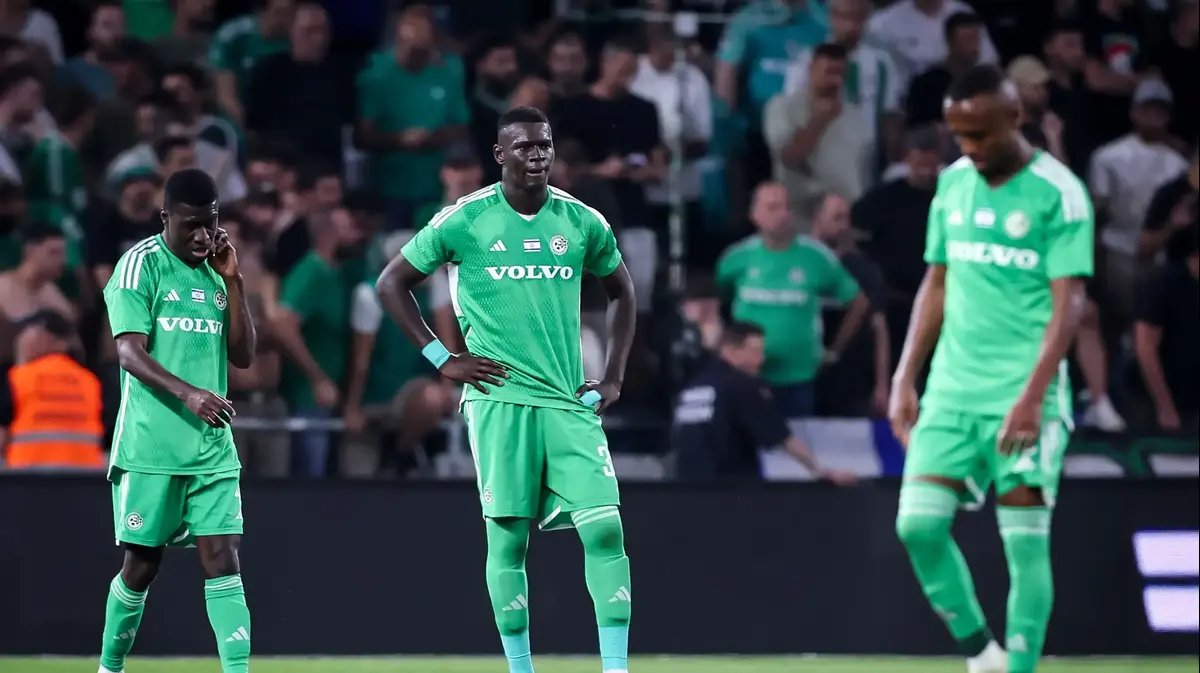A disaster begins suddenly and is never quite complete.
In many crucial respects, the future will not resemble the past, not even the most recent past, a month or two ago.
Neither the economy, nor the priorities, nor the way we see the world will be what they were at the beginning of the year.
The concrete changes are almost unbelievable: large companies like General Electric or Ford adapt to manufacture respirators, governments go crazy looking for protective equipment, we see empty and silent streets that were always bustling, the economy sinks.
Everything that was unstoppable has stopped, and everything that was impossible - greater rights and benefits for workers, released prisoners, those trillions of dollars that the United States is going to put on the table - has already happened.
In medicine, the word "crisis" refers to the crossroads that a patient faces in their evolution, the crucial moment in which recovery or death is decided.
"Emergency" comes from "emerging", as if describing events that expel us from the known to unexplored territory, as if we were forced to urgently reorient ourselves.
The Greek root from which "catastrophe" comes indicates a sudden change in events.
We have reached a crossroads, we have abandoned the supposed normality, events have undergone an abrupt change.
At this moment, our task - that of those of us who are not sick, do not work on the front line against the virus, have a roof over our heads and do not go through great economic difficulties - is to try to understand the moment: what is required of us, what possibilities have opened up.
Disasters (a term that etymologically means "misfortune", being "under a bad sign") transform both the world and the way we perceive it.
The perspective changes, the relevant changes.
The weak breaks under unprecedented pressure, what was strong resists, what was hidden becomes visible.
Change is not only possible, it is inevitable: it overwhelms and drags us with it.
We too change, we reorder priorities and a more pressing awareness of our own mortality makes us open our eyes to the precious value of life.
Not even that "we" is what it was, because, separated from classmates and work, we share the new reality with strangers.
The human being formulates his own identity from the world around him.
What we now have in our hands is a new version of ourselves.
As the pandemic turned life upside down, I heard many complain about their difficulty concentrating on something or being productive.
I suspect it was because we were all immersed in another, more important task.
The same thing happens during a pregnancy, or when we recover from an illness, or when we are small and give the stretch: we are working, we do not stop working, especially when it seems that we are not doing anything.
Below the level of consciousness, our body grows, heals, produces, transforms, feeds.
As we struggled to understand the scientific data and processes of the ongoing disaster, our psyches did something equivalent.
It was necessary to adapt to profound social and economic changes and study the possible lessons of the disaster.
We had to prepare for a world we did not see coming.
The first thing disasters teach us is that everything is connected.
From my own experience in a medium-sized catastrophe (the 1989 San Francisco Bay earthquake) and writing about much larger ones (9/11, Hurricane Katrina, the 2011 earthquake in the Tōhoku region or the catastrophe Fukushima nuclear power plant in Japan, among others), I have found disasters to be crash-identification courses.
It is in moments of great change that we observe with renewed lucidity the systems - political, economic, social, ecological - in which we are inserted and how they are transformed around us: we see what is strong, what is weak, the corrupt elements .
What matters and what doesn't.
I usually represent these moments as the annual episodes of the arctic thaw, when the ice sheets break, water flows between them and the boats can cross places that had been closed to them in winter.
Ice would be that configuration of power relations that we know as the status quo: something that always seemed stable to us and that, according to what we are told from above, cannot be altered.
Until it does, quickly and dramatically, and the change is scary, or hopeful, or both.
'Hamburg after the fire of 1842', by Jacob Gensler.
Hamburger Kunsthalle
When the status quo falters, those who benefit from it are more concerned with maintaining or restoring it than protecting anyone's life.
We have seen it in the chorus of corporate bosses and senior conservative officials who claimed that everyone should get back to work to safeguard the stock market and that the resulting deaths would be an acceptable price.
It is common for, in crises, the powerful try to accumulate more power - there is the Justice Department of the Trump Administration trying to suspend constitutional rights - and the rich accumulate more wealth: two Republican senators are today the target of criticism for allegedly using inside information about the pandemic to obtain dividends on the stock market (although both have denied having acted in bad faith).
Disaster sociologists use the term "elite panic" to describe the vile behavior of the powerful based on the belief that ordinary people will behave reprehensibly.
In general, when elites speak of "panic" and "looting" in the streets, they are giving misleading names to the mechanisms that the population uses to survive and take care of others in emergency situations.
Perhaps the wisest thing to do was flee the danger as soon as possible or gather supplies to distribute to those in need.
Those same elites are the ones who tend to put profit and property before community and human lives.
In the days following the San Francisco earthquake, April 18, 1906, the US Army, convinced that the population posed a threat and that riots would be a serious problem, took control of the city.
The mayor gave permission to "shoot to kill" against all persons discovered in acts of looting.
The soldiers did so, confident that this would restore social peace.
In reality, their only contribution to the disaster was to open useless firebreaks that contributed to the spread of the flames and to shoot or hit citizens who violated orders (even if the orders were to allow the fire to destroy their homes and neighborhoods).
Ninety-nine years later, in the aftermath of Hurricane Katrina, New Orleans police and urban patrols of white individuals did the same thing - shooting black people in the name of property and their own authority.
The government, at the local, state and federal levels, still saw in the displaced population, mostly poor and black, a dangerous enemy that had to be controlled, and not victims of a catastrophe who required its help.
In the aftermath of the hurricane, the mainstream media contributed to spreading the obsession with looting and pillaging.
One would say that mass-produced consumer goods displayed in shopping malls were more important than people without food or clean water, than old women trapped on the roof of their houses.
Almost 1,500 people died in a disaster caused more by bad government than bad weather.
The US Army Corps of Engineers failed to provide an adequate response;
the city did not have evacuation plans for the poor, and the George W. Bush Administration was unable to deliver effective aid on time.
It is the same situation that we live these days.
A member of the Brazilian opposition affirms that the right-wing president Jair Bolsonaro “represents the most perverse economic interests, those who have no concern for the lives of the people.
The only thing that matters to them is maintaining the profit margin ”(Bolsonaro assures, meanwhile, that he is trying to protect both workers and the economy).
When the business was closed, the evangelical billionaire owner of the Hobby Lobby craft chain assured that he forced his workers to continue in their jobs because God wanted it to (all the stores are already closed).
At Utline Corporation, owned by billionaire couple Richard and Liz Uihlein, big donors to the Trump campaign, Wisconsin workers received a memo that read: “Please DO NOT talk to your fellow symptoms or comment on your opinions. about.
By doing so, you cause unnecessary panic in the office. "
The founder and president of the payroll management company Paychez, billionaire Tom Golisano, stated: "The consequences of stopping the economy could be worse than losing a few more people" (Golisano has claimed that his comment was misrepresented and has been sorry).
Downtown San Francisco after the 1906 earthquake. New York Public Library
History is full of tycoons more concerned with that inert thing that are profits than with living beings, who pay bribes to operate without hindrance, who force children to work until they fail or risk the lives of their workers in clandestine factories or mines. of coal.
Also from businessmen willing to continue extracting and burning fossil fuels despite everything they know - or what they refuse to know - about climate change.
One of the main uses of wealth has always been to acquire exemptions from the common destiny, to buy a way out of the path marked for others.
And while the wealthy tend to be conservative, it is even more common for conservatives to side with the wealthy, regardless of their economic status.
The principle that everything is connected is an affront to that conservative lone wolf fantasy drawn from the virile imaginary of the frontier.
The science of climate change, which states that what comes out of their cars and their chimneys has a long-term impact on the fate of the world and contributes to degrading crops and raising sea levels or forest fires, among many other phenomena, is an insult.
If everything is connected, then it is necessary to examine the consequences of every decision, every action, every word.
That, which some of us would consider the practical realization of love, is for them an attack against freedom, with “freedom” being the word they use to demand that their search for personal benefit has no limits.
Science is viewed by a good number of business leaders and conservatives as a nuisance that they can ignore at will.
Many believe that they can choose the rules and facts that suit them best, or remake them according to their interests, as if they were goods and services that the free market makes available to the consumer.
Journalist Katherine Stewart wrote in
The New York Times
: "The rejection of science and critical thinking by religious ultraconservatives now weighs down the American response to the coronavirus crisis."
Rulers of the United States, United Kingdom, and Brazil did not want to acknowledge that the development of the pandemic held terrifying possibilities.
They did not rise to the occasion when their response was most needed and now they direct all their efforts to hide that error.
The pandemic will inevitably cause an economic crisis, but it has also become an opportunity to consolidate authoritarian powers in the Philippines, Hungary, Israel and the United States.
This reminds us that if the largest problems remain political, so are their solutions.
At the end of a storm, the air is cleared of particles of matter that clouded vision.
It is then that we can see further and with greater clarity.
At the end of this storm, in a new light, perhaps we can rethink where we were and where we can go, as happens to those who survive an accident or serious illness.
We may feel free to pursue changes that seemed impossible when the ice of the status quo blocked the way.
We may see ourselves, our communities, our production systems and our future profoundly different.
In the developed world, the most immediate changes have been spatial.
We have stayed at home, those of us who have a home, and have avoided contact with others.
We have left schools, workplaces, congresses, vacations, gyms, homework and errands, parties, bars, discos, churches, mosques, synagogues;
We have put aside the hustle and bustle of everyday life.
The philosopher and mystic Simone Weil wrote to a friend who was far away: "Let us love this distance, all of it interwoven with friendship, for those who do not love each other cannot be separated."
We have parted ways to protect ourselves.
And despite the need to maintain physical distance, we have found ways to help the most vulnerable.
From the Philippines, my friend Renato Redentor Constantino, a climate activist, wrote to me and said: “The expressions of love we witness remind us why human beings have managed to survive for so long.
Day after day we attend heroic acts of courage and civility, in our neighborhoods, in other cities and other countries, examples that whisper to us that the plundering of a few will not hold out against the legions of tenacious men and women who refuse to participate in the despair, violence, indifference and arrogance to which those who call themselves leaders seem to eagerly push us ”.
Debris from Hurricane Katrina in Port Sulpher, Louisiana, in December 2005. US NATIONAL ARCHIVES
I wonder if, when we finally cut the transmission of the disease, we will be able to reflect on the other links that we have created, to remember how we organized ourselves and the products and services that we depend on were organized.
Perhaps we give more importance to direct contact, to closeness.
Europeans who sang together from balconies and applauded medical personnel together and Americans who came out singing and dancing on the residential outskirts may have acquired a new notion of belonging.
Perhaps we respect the workers who produce our food and bring it home to us more.
It is not easy to stay still.
But maybe we don't feel like running like we did before and we choose to abstain from the bustle;
maybe some of this stillness stays with us.
We can reconsider, see if it is sensible to import from other continents the products on which our lives depend - medicines, medical equipment - see how sold we are when supply chains operate from the
just-in-time
principle
.
I believe that the neoliberal wave of our time began by privatizing our emotions, taking away social ties and the notion of a common destiny.
The shared experience of this disaster may reverse the process.
May a new understanding of our belonging to the whole, of our dependence on it, encourage more ambitious climate responses.
After all, we are discovering that sudden and profound changes are possible.
"Buy and spend, so we waste our powers," Wordsworth wrote a little over two hundred years ago.
Perhaps the time has come to recognize that there can be enough food, shelter, health care and education for all, and that accessing it should not depend on the work we have or whether we can earn enough money.
Maybe the pandemic is giving us the case for universal healthcare and basic income, if we weren't already convinced.
After a disaster, the mindset changes and priorities are altered.
And these are powerful forces.
A dozen years ago, while working on a book about the disaster,
A Paradise in Hell
, I interviewed the Nicaraguan poet and Sandinista revolutionary Gioconda Belli.
I will never forget what he told me about the consequences of the 1972 earthquake in Managua.
Despite the fact that the dictatorship tried to take advantage of him to emerge stronger, he told me, the earthquake contributed to the success of the revolution: “We had the feeling of knowing what was and what was not important.
And people understood that the important thing was freedom, having the ability to decide and act on your life.
Two days later this tyrant arrives and imposes a curfew and martial law.
Feeling that oppression, added to the catastrophe, was unbearable, really.
And when you understand that your whole life can be decided on a night when the Earth starts to shake, [you think]: “What difference does it make?
What I want is a good life, and I want to risk the one I have, because I could lose it tonight.
You realize that life has to be lived well;
that, if not, it is not worth it.
This profound transformation takes place in great catastrophes ”.
It is the same observation that I have found in all the scenarios of the shared disaster, over and over again: when a catastrophe occurs, the proximity of death generates new life, a more urgent life, less concerned with the little things and more committed to the big ones, more involved, for example, in social organization and contribution to the common good.
Most of the disasters I have written about took place in the twentieth century.
These days, however, we are presented with a somewhat more distant analogy: the Black Death, which wiped out a third of the European population and which in England gave rise to peasant revolts against the wage limitation and the tributes that financed the wars .
They were crushed by power, but thanks to them the peasants and workers won new rights and freedoms.
In the laws passed in the United States this March on the occasion of the emergency, many workers have seen their rights to their sick leave extended.
And in various places things have already happened that we were told were impossible, such as providing shelter for the homeless.
Children bathing on Nakoso Beach (Fukushima), in July 2012, in the first bath after the nuclear accident the previous year.
AFP
Ireland has nationalized hospitals, something that "they assured us would never happen, could not happen," in the words of an Irish journalist.
Canada has decreed four months of basic income for all those who have lost their jobs.
Germany has done more than that.
Portugal has decided to treat immigrants and asylum seekers as full citizens during the pandemic.
In the United States, we have seen considerable labor unrest, and we have seen results.
Employees at Whole Foods, Instacart and Amazon protested the lack of safe working conditions during the pandemic.
Since then, Whole Foods has offered all workers who test positive for coronavirus two weeks off for full pay, Instacart says it has implemented changes to ensure the safety of workers and customers, and Amazon says it is "meeting the guidelines" sanitary.
Some workers have won new rights and pay increases;
including half a million Kroger supermarket employees.
The attorneys general in 15 states have told Amazon that it must expand paid sick leave.
Such examples show that the financial arrangements of our companies are not set in stone.
However, the usual thing is that the most decisive consequences of the disaster are neither immediate nor direct.
The financial collapse of 2008 triggered the movement of Occupy Wall Street in 2011, which shed light on economic inequality and the consequences on the
human level of abusive mortgages, student loans,
college
s college profit or insurance system private health care providers, among many other things.
It also allowed the media rise of profiles such as Elizabeth Warren and Bernie Sanders, whose ideas have contributed to lining the Democratic Party to the left, towards policies that can make the United States a more just and equal nation.
The conversations that emerged from Occupy and other sister movements around the world have encouraged us to practice a more careful and critical vigilance of the power that governs us, and to demand greater levels of economic justice.
Just as changes in the public sphere start from the individual, global changes affect the personal perception of the self, our priorities, our sense of the possible.
We are in the early stages of the disaster, motionless, seized by a strange stillness.
It is like that Christmas truce of 1914, when the German and English soldiers stopped fighting for a day, the weapons were silent and the fighters chatted with each other in complete freedom.
The war had stopped.
In many ways, all of our buying and spending can be understood as a war against Earth.
Since the COVID-19 outbreak, carbon emissions have plummeted.
Reports claim that the air over Los Angeles, Beijing and New Delhi is miraculously clean.
Parks in the United States have been closed to visitors, which could have beneficial effects on wildlife.
In the latest US government shutdown, between 2018 and 2019, elephant seals from the Point Reyes protected area, north of San Francisco, seized one of the beaches, which now belongs to them during their mating and gestation season on land .
The Black Death is not the only analogy that comes to mind.
When a caterpillar is wrapped in its chrysalis, the process, quite literally, of its own dissolution takes place.
What was a caterpillar and will be a butterfly is, for the moment, neither one thing nor the other, but a kind of animated soup, of liquid life.
Within it are the imaginal cells that will catalyze the development of the adult, winged state of the insect.
We are in that soup right now.
We have to hope that our imaginal cells are the best in us, the most imaginative self, the most inclusive.
The consequences of a catastrophe are not predefined.
Disaster is conflict, and what was frozen, solid and blocked our way opens and flows and carries with it both the best and the worst possibilities.
We are simultaneously immobile and in deep transformation.
Those of us who spend more time at home and alone, witnessing the unforeseen appearance of the new world, also live a deeper moment, of greater depth.
We usually classify emotions as good and bad, happy and sad, but I think they can also be separated on a scale of superficiality and depth.
What we normally call happiness usually consists of a flight from the depths, a flight from the inner life and the suffering that surrounds us.
Not being happy is considered a failure.
However, in sadness there is pain and there is meaning, as in grief and mourning, emotions that are born from empathy and solidarity.
If we are sad and scared it is because we share a concern, because spiritually we have not detached ourselves from the common destiny.
And if we feel overwhelmed, perhaps it is because the moment is overwhelming, because it will take decades of research, analysis, debate and reflection before we can understand how and why the year 2020 took us through swampy, unknown terrain.
Seven years ago, Patrisse Cullors wrote a kind of declaration of intent for the Black Lives Matter movement: “We will be hope and inspiration for collective action capable of building a collective power aimed at social transformation.
We are born out of pain and anger, but we go towards the achievement of visions and dreams ”.
It is not beautiful just because it is hopeful, because Black Lives Matter will carry out transformative work, but also because it recognizes that hope can coexist with pain and difficulties.
Which is not incompatible with the sadness of the depths and the fury that burns on the surface.
We are, after all, complex creatures, capable of differentiating hope from that optimism that affirms that everything will be fine, always, whatever happens.
Thanks to hope, we know that, among all the uncertainties that the future holds, there will be battles worth fighting, that we can even win some of them.
However, that hope faces the danger of believing that all was well before the disaster and that we must return to that state.
Before the pandemic, the life of many human beings was already a disaster of despair and marginality, an environmental and climatic catastrophe, an obscenity of inequalities.
It is still too early to know what will emerge from this emergency, but not to look for opportunities to contribute to whatever may be in store for us.
I think that is the challenge that many of us are preparing for.
Translation by David Muñoz Mateos.
Rebecca Solnit
is an American essayist, author of
Wanderlust
,
Men Explain Things to Me
,
Hope in the Dark
or
A Guide to the Art of Losing oneself
, all of them published by Captain Swing.
His new book,
A paradise in hell
, hits bookstores this Tuesday.


/cloudfront-eu-central-1.images.arcpublishing.com/prisa/56XAYHM37FH45ARX6TUXG63UWQ.jpg)






